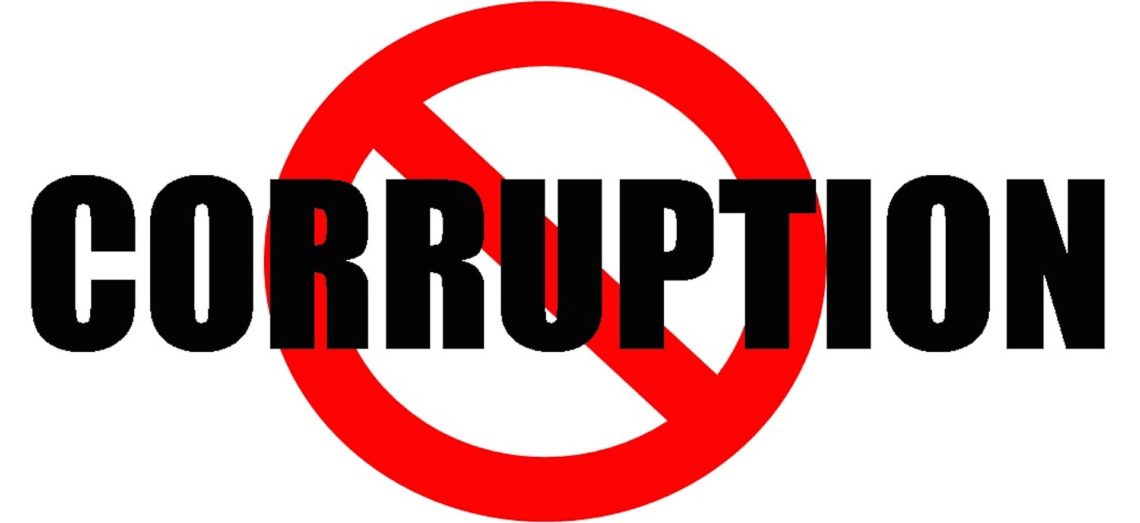POLICY PAPER: Strengthening the role of civil society in prevention and fighting corruption in Moldova

Author: Iulian Rusu
INTRODUCTION
Prevention and fight against corruption is considered one of the highest priorities in Moldova. With the recent polls showing that corruption is perceived as the biggest problem of the country with over 90% of the citizens mentioning it as the first and the most pressing problemi , it is clear that the involvement of all stakeholders in fighting this phenomenon is absolutely essential.
The role of the civil society is even more important in countries like Moldova, as there is still weak citizen involvement into the core of the decision making processes within the branches of powers, whilst the public institutions are still exposed to very high risks of political involvement and lack of integrity.
Civil society thus should be considered the voice of the citizens in between regular elections, having a watchdog function over the political promises of parties and the reality in the post-election period. Particularly important is the horizontal aspect of promotion of integrity and the fight against corruption, which should contribute to the better results for public institutions and in the end benefit the citizens of the country.
There are many aspects of the prevention and the fight against corruption. We shall focus on the aspects which have the highest impact and potential for spillover effects for other sectors. Thus, we propose to the review the capacities of the civil society in prevention of corruption in the public sector, focused on exante and ex-post integrity verifications of public officials, income and expenditure of political parties, efficient use of public funds by central and local public administration and the delivery of public services.
With respect to the capacities to fight corruption, although civil society is not entrusted with criminal investigation competences, as this is the function of the law enforcement bodies, it can however contribute with additional added value in reviewing the current institutional structure of fighting corruption and propose solutions of improvement via public statements, expert opinions and indirectly through MPs or other subjects who hold legislative initiative rights.
Fullscreen Mode

